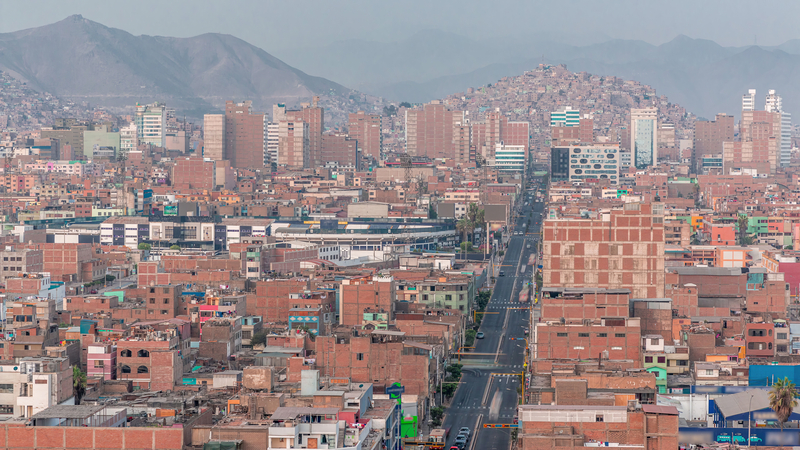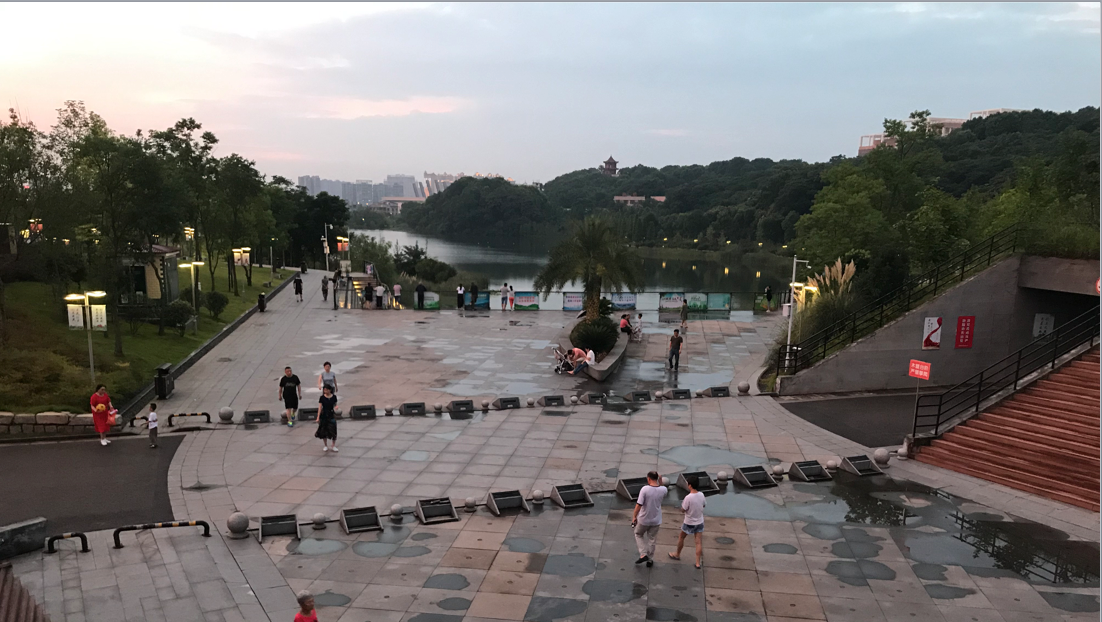
The World Bank has approved the first phase of a 10-year programme to transform urban mobility in Lima, one of the most congested cities in Latin America.
A $150 million loan will be used to implement modern traffic light systems, an upgraded control centre, and an automated traffic violation detection system.
The project aims to reduce congestion and improve air quality by optimising traffic flows, while promoting active travel.
It will also improve road safety for pedestrians and cyclists as well as the flow of public transport vehicles at more than 500 intersections.
World Bank says congestion costs in the city are equivalent to 1.8% of GDP, while vehicles account for 40% of the city’s greenhouse gas emissions.
"Lima’s public transport infrastructure and services have failed to keep pace with rapid urban growth, the adverse effects of which have been mostly felt by the poorest," the organisation adds in a statement. "Only 18% of jobs are accessible within 45 minutes by public or non-motorised transport, contributing to congestion, environmental pollution and social inequality."
The first phase will improve transportation options for 4.6 million Lima residents, increasing their access to transportation in acceptable conditions, economic opportunities, and essential services, it continues.
Traffic calming zones, called supermanzanas, will be established in five municipal districts of the Peruvian capital.
There will also be 50km of new bike lanes, along with a metropolitan public bike system with private sector participation.
“We are committed to transforming Lima into a city where everyone can move around safely and efficiently," says Rafael López Aliaga, mayor of Lima. "This project will not only reduce congestion and pollution but will also improve access to job opportunities and essential services for our citizens."
“This project is an important step toward a more sustainable and inclusive urban mobility system in Lima," notes Issam Abousleiman, World Bank country director for Bolivia, Chile, Ecuador, and Peru.
"Improving traffic management and road safety for sustainable transport allows us to help improve the quality of life of all residents, especially the most vulnerable."







